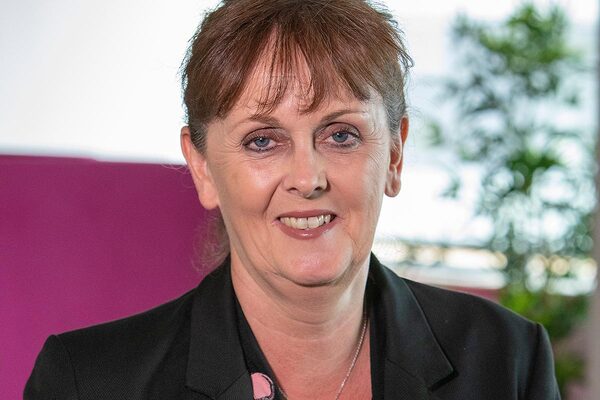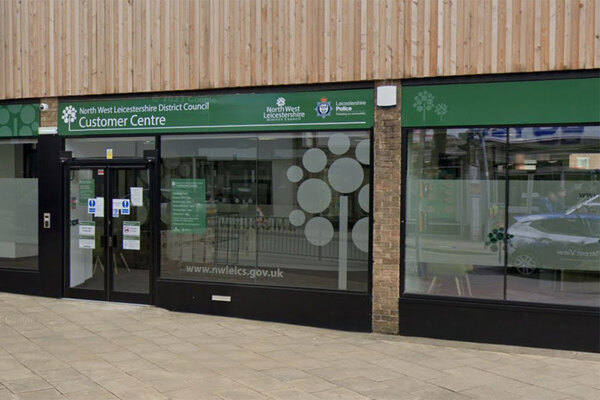You are viewing 1 of your 1 free articles
Why the need for good governance has never been so great
Brexit, Grenfell-related issues and the housing crisis are continuing to keep minds occupied in the sector. Good governance, then, is more important than ever, says Simon Dow
We are all currently facing a rather volatile political and economic environment in the near future. Despite that, this seems a good time to look at the recent past.
It is now four years since we revised our regulatory framework and launched a new approach to regulation. The mix of quarterly surveys, annual stability checks and periodic in-depth assessments (IDAs) has subsequently become a familiar part of the regulatory landscape for English providers.
When we launched the new approach, we made a commitment to carry out an IDA for every provider with more than 1,000 homes within a four-year timescale.
I am pleased to report that we have kept that promise and I thought it would now be a good opportunity to consider what we have learned and where we might go next.
There are some key lessons that I think boards and executives might want to reflect on.
The most important is our perennial message: good governance is the cornerstone on which everything else is built. Time and again the difference between successful and struggling organisations is the quality of governance and oversight that comes from the top.
We see that the best boards first articulate a coherent vision, then set a strategic direction for their executives, all the while fostering a culture of constructive challenge and open accountability.
Their organisations are far better able to cope with the challenging and the unexpected than those with a board that is either too focused on the detail or too remote from the reality.
“Crucial for maintaining the confidence of the regulator is having an open and transparent relationship with us and your other stakeholders”
Making a judgement on the quality of governance is one of the hardest things we do. This is why as part of the IDA we are so keen to see a board in action and to meet with the chair independently of their executives.
But obviously, we are also keen to see the fruits of the board’s labours. So we will look to see the outcomes that flow from the board’s decisions and, as important, how the board itself monitors those impacts.
Crucial for maintaining the confidence of the regulator is having an open and transparent relationship with us and your other stakeholders.
Sometimes it can be striking how open providers become when they have been notified about an impending IDA. For some organisations, it seems only at this point that they remember to tell us about a possible standard breach.
We should be clear that this is not the relationship we expect and not the way we believe you should deal with other stakeholders.
We place great store by the spirit of the co-regulatory settlement, which includes telling us when things have gone wrong.
The vast majority of providers do understand this, but unfortunately some try to keep the regulator in the dark. We would always rather know the bad news and we will always take your transparency with us into account when making our regulatory judgements.
Like you, we live in the real world and we know that things go wrong. We are not looking for perfection, but we do know that good organisations don’t hide their mistakes, but openly and transparently look to learn from them.
We also know that in the real world, having the best-documented systems and processes is not the same as being ready to deal with the uncertainties and complexities of a fast-changing operating environment. Which brings me, inevitably, to stress-testing and mitigation strategies.
The introduction of a requirement for stress-testing is perhaps the most important of the changes that we made in 2015 and it is one that we have unashamedly concentrated on in all our IDAs.
We think how a board has got to grips with stress-testing tells us many things about how far it understands its strategy, its operating environment, its risk appetite and its financial position.
In short, it tells us a lot about how well a business is run. It can also tell us about whether the board has thought enough about both the results of that testing and how to manage the possible outcomes.
“We are not looking for perfection, but we do know that good organisations don’t hide their mistakes, but openly and transparently look to learn from them”
There have been cases where a provider has seemed unwilling to put through a ‘perfect storm’ stress test and think about how they would mitigate that pain. Sometimes providers have all the right documentation, but the board seems to be in denial that it could ever actually happen to them.
This raises the question in our mind about whether they would be willing to take the difficult decisions needed to deal with the presenting issues.
In an uncertain world we think that having a strong sense of strategic direction, but also planning for how you deal with the unexpected, is at the heart of what a good board should be doing.
Over the past four years the sector has developed an impressive track record in handling a fast-moving operating environment and attempting to meet the aspirations of a range of stakeholders. The ability to constantly change and adapt, while remaining true to your long-term strategy, is one of the key markers of a successful organisation.
It is a corporate talent that can be hard to achieve and difficult to maintain, but it is a skill that boards are increasingly going to need. This type of creative capacity is one that we hope you will be able to demonstrate to yourselves and it’s one that we will be looking for and testing in our next round of IDAs.
As mentioned in Fiona MacGregor’s speech at the National Housing Federation’s National Housing Summit last week, our first round of IDAs took place against a backdrop of rent reductions, welfare changes, the Grenfell Tower fire and a vote to leave the EU.
The next set of IDAs will be against a backdrop of the possible impact of leaving the EU, the consequences of the debate generated by the Social Housing Green Paper, and as always, an insatiable demand for new homes.
Never has the need for good governance been so great, and our job as the regulator is to do our bit in trying to ensure that the sector has the governance to deliver.
Simon Dow, interim chair, Regulator of Social Housing














